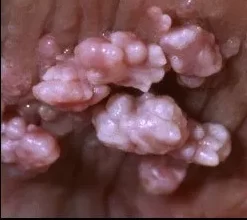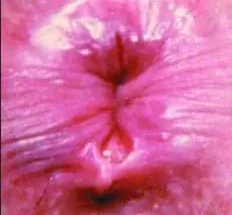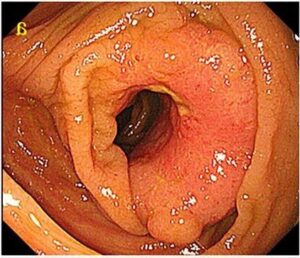Hemorrhoids & Related Conditions
NORTH SCOTTSDALE HEMORRHOID TREATMENT CENTER PLUS
There are several other conditions that mimic hemorrhoid symptoms. Therefore, one cannot stress the importance of proper diagnosis by a specialist. Colon and Rectal Surgeons are specifically trained to do so as we are here at the Hemorrhoid Center Plus of North Scottsdale.
Some of these conditions include Anal Warts (condyloma), Anal Fissures, Pruritus Ani or anal itchiness, Anorectal Polyps and Cancers, and Colon Cancer, to name a few. All of these can present with similar symptoms including rectal bleeding, anal or rectal pain, and change in bowel habits.
What are Anal Warts?
Anal warts (or anal condyloma) are caused by the human papilloma virus (HPV). The warts can affect the area in and around the anus. They appear as tiny spots or growths and can be overlooked due to size. Eventually, they can grow very large. You may experience itching, bleeding, discharge, or a feeling of lumps. Anal warts are caused by infection with HPV (Human papilloma virus)

Untreated HPV infection can lead to an increased risk of cancer in the area. Topical medications can be used to treat smaller warts, but larger warts may require surgery.

What are Anal Fissures?
An anal fissure is a small cut in the skin. Many patients believe they are suffering from hemorrhoids when they experience pain and rectal bleeding after a bowel movement, but it can often actually be an anal fissure. Dr. Tarazi can properly diagnose an anal fissure after an exam in the office.
What is Colon Cancer?

Colon cancer is the second most common form of cancer in the US, and affects the large intestine. Tumors form when cells in our bodies fail to multiply and reproduce normally. This process creates large lumps of tissue in the place where the cells have begun to divide erratically. There are two types of tumors, malignant and benign. Benign tumors are non-cancerous and remain in one spot, making them easy to treat and remove. Malignant tumors, however, are cancerous and they can spread to other parts of the body such as lymph nodes and liver.
Colorectal cancer can be curable and preventable, if caught early. Most commonly, it begins with colon polyps, small growths in the lining of the colon. Polyps can be detected through screening colonoscopy and can be in most instances removed painlessly during the same procedure, preventing them from turning into cancer. People who have colon polyps or even cancer often have no symptoms including rectal bleeding making screening colonoscopy an important preventative examination. We can make appropriate recommendations regarding the need for colonoscopy at our Scottsdale Hemorrhoid Center.
You can find more information on these and other colorectal conditions we treat at www.colorectalconsultants.com
